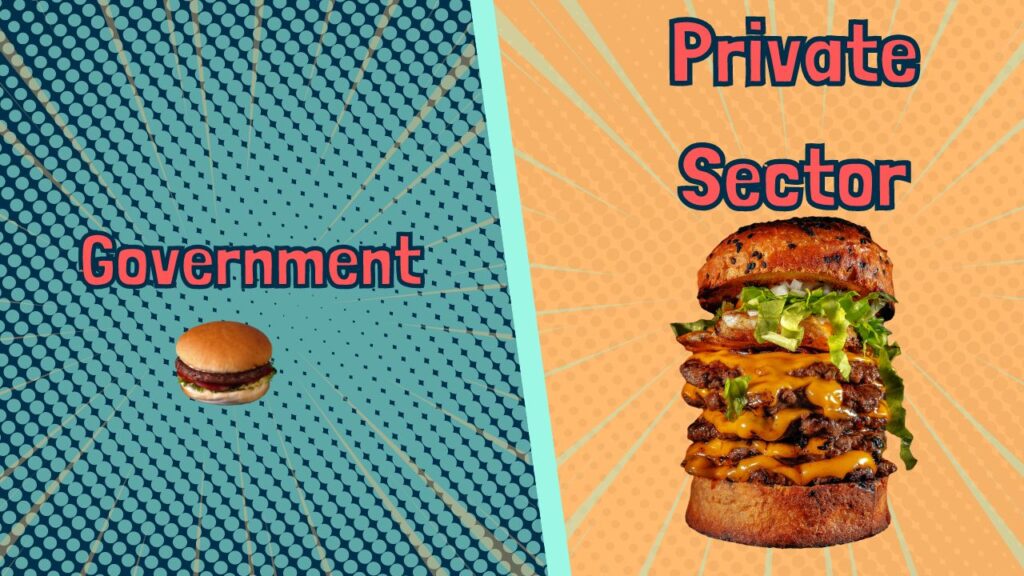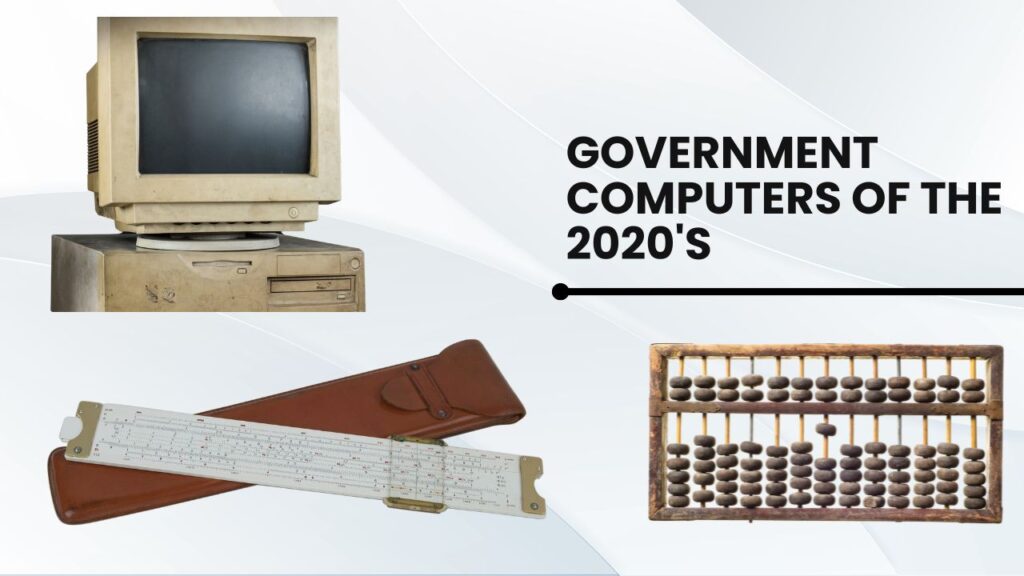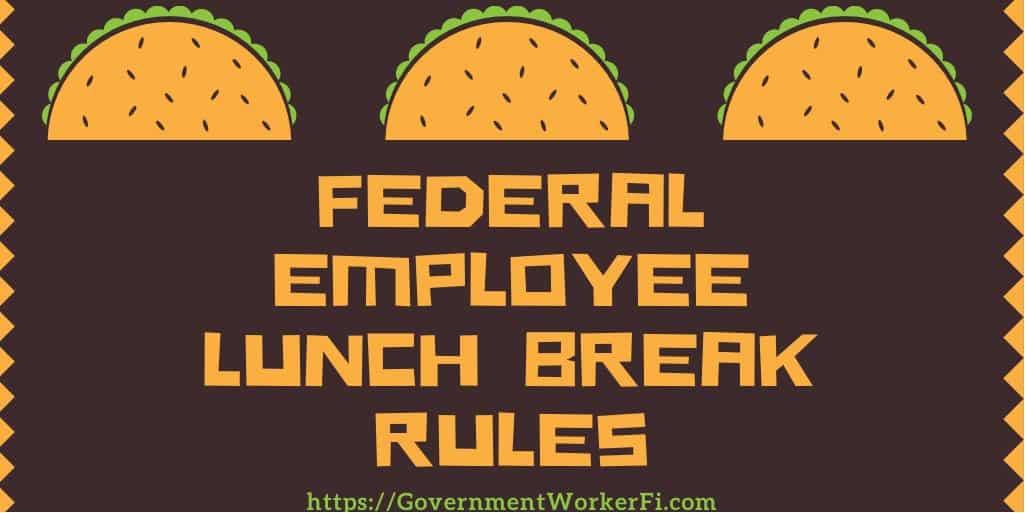I’ve written so many articles on the benefits of working for the federal government.
But let’s be real. Government service is no cake walk.
There are so many reasons to not work for the federal government as well.
If you’re trying to evaluate the pros and cons a federal job, here are top 10 disadvantages of working for the federal government to add to your list. And you don’t have to take my word for it. I built this list with lots of input from my Facebook community of government employees to make sure I didn’t miss anything.
Get Gov Worker’s top 4 tips for federal employees!Table of Contents
- 1. Inability to negotiate promotions as a federal employee
- 2. Complicated hiring process
- 3. You may need an advanced degree for an entry level job
- 4. Position/location salary is public knowledge
- 5. Difficult to fire low performers
- 6. No bonuses (minimal bonuses) for high performers
- 7. Insufficient funding, inability to budget into the future
- 8. Horrible computer systems
- 9. Lack of training
- 10. Improperly trained supervisors
- Is working for the government really that bad?
Please do not confuse my personal blog for financial advice, tax advice or an official position of the U.S. Government. This post may contain affiliate links. If you make a purchase after clicking on a link, I get a small percentage of the sale at no additional cost to you.
1. Inability to negotiate promotions as a federal employee
Once you start working in the federal government, you are locked into a certain pay grade. While you’ll receive annual cost of living adjustments (if Congress approves them) and up to 10 step increases over 18 years, you have no ability to negotiate a higher salary.
Even if you are the most productive employee that the government has ever seen, and you do the work of 5 normal employees, you can’t ask for a raise. (Well, I guess you can ask for a raise, but you’re not going to get one). At the very best, your supervisor could nominate you for a Quality Step Increase (QSI), but it’s up to his or her discretion and there is a lot of bureaucracy and red tape involved with that process. Even QSI’s aren’t given.

If you want to get promoted in government, you need to apply for a new position. That could be applying for the next logical position within your office, but many times you need to jump to different agencies or locations to get a higher graded position.
While private sector employees don’t get step increases, they have the ability to negotiate raises based on their performance. Likewise, they are able to grow their role within a company as they become more competent and get more skilled rather than having to apply to a new federal position every few years and maybe being forced to spend some time in Washington D.C.
2. Complicated hiring process
One of the biggest disadvantages of working for the federal government is how hard it is to get a government position in the first place. While the federal government prides itself on ensuring that employees are hired on their merit in a fair and equitable way, these regulations make hiring a competitive position a nightmare.
Every government job must get listed on USAjobs. Applicants are then screened against the job qualifications in a rigorous process by HR before being sent to the hiring manager. As someone who hires federal employees, I can tell you that many resumes never make it to the hiring manager because they weren’t detailed enough and didn’t demonstrate to HR they had the minimum education and experience. While private sector jobs may expect a 1 page resume, you may need a 15 page resume to demonstrate you are qualified for a federal job.
Assuming you’re able to interview for federal employment, it may take 6 or more months until you get your formal offer to start your federal job because you need to clear a background check. If you’re unemployed now, I’m not exactly sure how you’re supposed to wait 6 months for your first paycheck. We end up losing a lot of great candidates because it can take a long time to get hired and they find better options in the private sector while they are waiting.
3. You may need an advanced degree for an entry level job
While the MSPB ensures “fairness” across federal government jobs, the General Schedule (GS) pay system is a relic of the 1940’s era it was created in.
The GS system establishes grades to ensure fairness in different branches of government. It is a way for the government to categorize the complexity and difficulty of different jobs and then pay all people working at that level the same amount.
In theory, that’s great. However, the GS grades have not kept pace with inflation. Some the jobs that require degrees (which may have made sense in the 1950’s) now are very low-paid positions. To qualify for a job without prior job experience, GS-5 jobs require a 4 year college degree. GS-9 jobs require a masters degree, and GS-11 jobs require a PhD.
For the “Rest of the US Pay Scale“, that equates to $36,118 starting salary per year for someone with a college degree or $66,214 with a Ph.D. Which is a joke if you, like me, are an engineer where entry level salaries are between $70,000-$90,000 with a bachelor’s degree.
Of course it is possible to qualify for a higher graded position with work experience instead of a degree. However, there’s no way attract recent graduates into many government jobs with these salaries.
At the same time, it can be hard to fill GS-5 level jobs. Most of these jobs could easily be completed by someone with a high school diploma, yet they often would not qualify for employment.
4. Position/location salary is public knowledge
Another con of a government job is that your salary is public knowledge. While it is great that the government is transparent about their spending, it’s not cool that anyone can go to a website, type in your name and get your salary, grade, and location of employment for several reasons:
- Privacy concerns: Having this information readily available online can feel like an invasion of your privacy and potentially assist someone with identity theft.
- Comparison with others: If your salary is publicly available, it can be tempting to compare your earnings with those of your colleagues. This can lead to feelings of resentment, jealousy, or inadequacy, especially when you see you’re being paid less than a chronic poor performer.
- Negotiation leverage: Finally, if your salary is publicly available, it can make it harder for you to negotiate for higher pay in the future if you transition to the private sector. Employers may be less willing to offer you the salary they would have otherwise paid once they find out your current salary is below market-rate.
5. Difficult to fire low performers
While it is possible to fire federal employees for misconduct or poor performance, many supervisors who work for the government decide it’s not worth the hassle and ignore dealing with poor performers. Nothing zaps workplace morale faster than watching someone who isn’t pulling their weight draw a salary.
When a supervisor refuses to deal with a poor performer it’s easy to feel feel resentful when you’re working hard while someone else is getting a free pass. This can create a toxic work environment.
Not only that, but when one person isn’t pulling their weight, it can drag down the entire group and make it harder for everyone to meet their goals.
6. No bonuses (minimal bonuses) for high performers
We all know that the salaries of highly-skilled government jobs are less than private sector jobs. However, a direct salary comparison often doesn’t look at the full earning potential of these jobs because government workers either do not get performance bonuses or minimal bonuses.

Someone who responded to my poll in my Facebook Community said that her bonus would be big enough to “buy lunch if you aren’t in a HCOL area”.
I had a similar experience as a supervisor. I was trying to reward a high performing employee who used to work in the private sector by giving him the biggest bonus I was authorized to give. It was a lot of paperwork, and I ended up putting a lot of effort into the nomination. Unfortunately, his response was essentially, “thanks but not thanks”. He told me that in his previous job, he supervised employees and would routinely give out 5-figure bonuses. Compared to the private sector, his $1,000 bonus that I worked so hard to give him was almost insulting.
7. Insufficient funding, inability to budget into the future
No matter what your political ideology is, I think we can all agree that most years, Congress and the President cannot agree on a budget. In fact, Congress is so dysfunctional that I typically do not receive information on my unit’s yearly budget until March (at the earliest). That’s halfway through the Fiscal Year! On top of that, we are not allowed to carry money into the next fiscal year.
Imagine running a business where you couldn’t make any financial commitments for 6 months every year?
And let’s not even talk about what a disaster government shutdowns are for trying to get your job done… you’re literally prohibited from working during those times. (Or you’re forced to come to work with no pay!)
8. Horrible computer systems
Not only does working in government involve trying to do the most you can with what little funds Congress gives you. But you’re also trying to do it with a computer that’s less powerful than the latest iPhone.
I am a scientist. I use my government computer to solve partial differential equations and run finite element simulations. My current computer takes 30 seconds to open Microsoft Word. It takes hours to do the simplest calculations I need to do my job. It is absolutely unable to meet my computing needs, but according to our IT department, is not scheduled for replacement for at least another 2 years.

My computer is only slightly newer than an Apple IIe, which is a problem because the CIO has installed at least 5 different security programs on my computer which further degrades the computing performance.
I understand the government is probably targeted by hackers every day.
But maybe a better strategy for defending against hacks would be to give their employees modern computers and use up-to-date computer software…
9. Lack of training
The lack of training/training opportunities consistently came up in reader comments about the worst parts of government work.
Let me be clear, I have to take plenty of online training that certifies that I am familiar with some obscure act or law that applies to my job. These trainings are impossible to understand unless you are a lawyer. I’m sure I have to click through these slides every year just so that government can avoid legal responsibility for my mistakes.
On the other hand, there are so many parts of public sector jobs that are unique to government. But in my experience working in the government, there is often no one to train you on how to do your job.
Working in government means making mistakes until you get it right. It also means that each office probably has someone with a lot of seniority that knows how the whole office works and that person becomes a go-to resource when people have a question.
It’s frustrating that while the government is happy to assign hours and hours of training about the Antideficiency Act to the groundskeeper, they have yet to find an effective way to train people on important job tasks.
10. Improperly trained supervisors
It’s bad enough that the government often does a poor job of training employees. But the same lack of training applies to supervisors, which can have a huge impact on employee morale.
When I was given supervisory duties, I was not given any additional training, but just thrown into my new role. As you can imagine, that’s not a recipe for developing effective managers. Unsurprisingly, there are far too many federal supervisors that micromanage or who are vindictive or petty.
People’s job satisfaction is directly tied to their relationship with their boss. Having untrained/inappropriate supervisors is costly to the government, not just in increased turnover, but also in lawsuits for prohibited personnel practices like nepotism.
On the other hand, some federal supervisors work really hard to create a positive work environment for their employees. You may end up on a great team with excellent work-life balance and camaraderie. While some of those outcomes are influenced by upper management, a lot of your work environment comes down to how hard your direct supervisor is willing to work to create a positive team environment.
Is working for the government really that bad?
Obviously, there are pros and cons of working in the public sector. I spent this article talking about the downsides, but every job has its pros as well. In general, government jobs have:
- Great benefits and job security compared to what you can find in the private sector
- 11 federal holidays, plus up to 26 vacation days per year not including paid sick time and paid parental leave
- An amazing retirement package that includes an impressive pension and a 5% match on TSP contributions
- Ability to apply for student loan forgiveness through the PSLF program
- Many other benefits of working for the government that are almost too numerous to list
While there are advantages and disadvantages of government jobs, I believe that that the government is a great place to work… most of the time.
Did I miss a disadvantage of working for the federal government? If so, send me your list of pros and cons in my Facebook Community.




